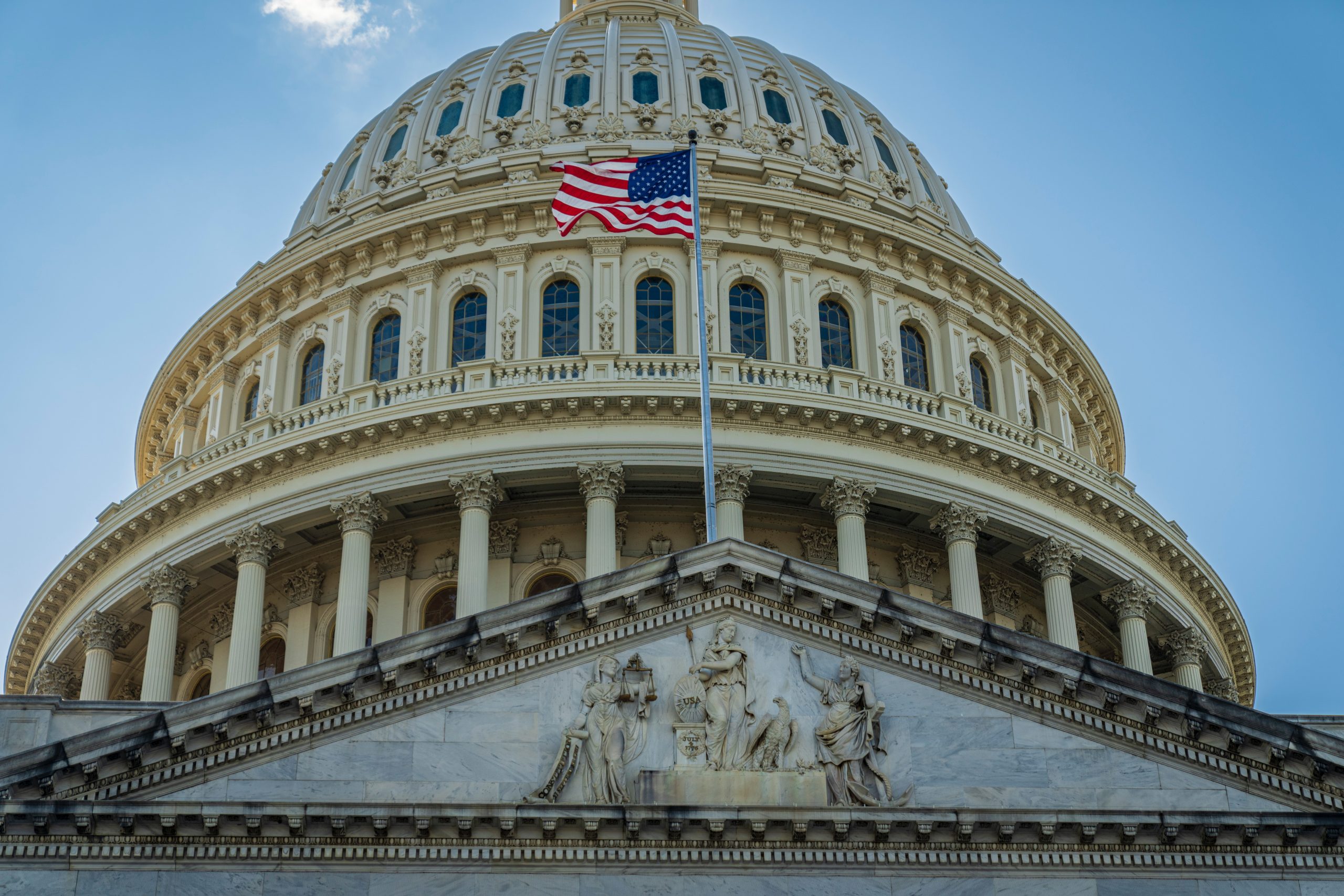Headline
GOP’s House paralysis is a crisis in a time of crises

It’s a crisis under the U.S. Capitol dome. (Pexels Photo)
House Republicans fired one leader, Kevin McCarthy, and have spent almost three weeks trying unsuccessfully to choose another to succeed him as speaker of the House. That’s left the U.S. House of Representatives unable to do its work, paralyzing the entire legislative branch of government, because the Senate can’t pass legislation without a functioning House.
Is this a “constitutional crisis?” Or something less significant?
The speaker of the House of Representatives is a powerful position with an outsized role in lawmaking. According to the rules of the House, the speaker is “the presiding officer of the House and is charged with numerous duties and responsibilities by law and by the House rules.”
The speaker calls the House to order, refers bills to committees, appoints committee members, rules on points of order and recognizes members on the floor. These duties and responsibilities keep the House engaged in considering and passing bills.
In short, the speaker is critical to the administration of House business. Under the Presidential Succession Act, passed to supplement Article 2 of the Constitution, the speaker also stands second in line to the presidency, after the vice president, in the event of the president’s incapacity.
For now, the House is presided over by a temporary speaker, U.S. Rep. Patrick McHenry, a Republican from North Carolina, but scholars and experts are divided about whether the House rules allow the person in that role to fulfill all the critical duties of the speakership. Because the situation is unprecedented and because the rules are ambiguous, McHenry appears reluctant to exercise anything other than the minimal powers necessary to elect a new speaker.
Thus the House remains in limbo, with action needed as budget deadlines loom and a war between Israel and Hamas threatens to spread to other fronts. As a scholar of both constitutional law and politics, I believe the U.S. could be viewed as in constitutional crisis – a crisis that, if it does not end, could provoke larger crises ahead.
What is a “constitutional crisis”?
The term “constitutional crisis” is largely undefined, although scholars generally agree on a few of its characteristics.
One common factor in most historical events described as constitutional crises is that constitutionally mandated processes for resolving conflict break down or have no ready answers. Typically, constitutional crises emerge when the legislature and the president find themselves in conflict over the legality or wisdom of a particular action or policy.
When the legislature and the president reach such an impasse, one or the other of the branches could exercise force to achieve its preferred outcome.
This applies not only to the U.S. but other countries as well. In the case of Russian President Boris Yeltsin’s confrontation with the Russian Parliament over the power of the presidency in 1993, for example, Yeltsin deployed the Russian military to attack the Parliament and arrest its members.
In the U.S. in 1832 and 1833, conflict between the federal and state governments led President Andrew Jackson to threaten military force to ensure that federal law would be followed in South Carolina during the so-called “nullification crisis.” In that crisis, South Carolina claimed that a state could unilaterally block a federal law imposing tariffs on imports. Believing that South Carolina’s actions threatened the union and the constitutional order, Jackson proposed to send federal troops to the state to collect the tariffs. This threat of force ultimately led to South Carolina’s capitulation.
Clearly, the Republican standoff in Congress does not rise to the level of a crisis that might involve military force. Yet to the extent that a constitutional crisis involves the paralysis of government machinery without a readily available solution under the Constitution, the current situation in the House could qualify.
Paralyzed Congress
Because the speaker is a constitutionally mandated office whose occupant is second in line for the presidency, the role is part of the U.S. constitutional machinery. The Constitution clearly contemplates that a speaker will lead the House, although it does not define their duties, which are determined by the House’s own rules. Those rules have evolved over time to elevate the speaker’s role as central to the lawmaking functions of Congress. And without a speaker, it is not clear that Congress can fulfill its constitutional functions. At the same time, no constitutional remedy exists to solve the current impasse.
To enact legislation, both chambers in Congress must agree on statutory language and submit the bill to the president for his approval.
Without the House, however, Congress will be unable to fund the federal government, which requires yearly budgetary authorization from Congress for its funding. As the nation’s largest employer, the federal government’s failure to pay its employees’ wages will cause financial disruption to millions, even if retroactive pay is available afterward.
Critical regulatory agencies that keep water clean, air breathable, roads and bridges safe and the country’s financial system operating fairly and effectively could be stalled in meeting their legal duties to the nation.
Other pressing national concerns, such as the opioid crisis, will continue without federal legislation to address them. Efforts to support Ukraine and Israel in their battles against Russia and Hamas will be stymied.
A paralyzed federal government paralyzes the nation, with potentially dire national and global consequences to the economy, the environment and U.S. foreign policy. The absence of a speaker – a single individual but the linchpin in Congress – could thus produce a dangerous crisis in our constitutional democracy.
The longer this impasse continues, the greater the threat to the constitutional order.![]()
Stefanie Lindquist, Foundation Professor of Law and Political Science, Arizona State University
This article is republished from The Conversation under a Creative Commons license. Read the original article.



























